A lump sum
payment or an
annual payment
The point has already been made that for many farmers the decision to retire will not be influenced by money. However, for others, a payment that makes retiring an economically viable decision could be the deciding factor. The argument for many who continue to farm is that the income or farm payment is required to supplement their pension. Providing a scheme that allows this to be replaced could allow those who wish to retire to do so. Farmers who contacted the Irish Farmers Journal in recent weeks suggested a number of different payment rates. At the higher end of the scale, one farmer in Meath said he would require €600/week (€31,200/annum) to entice him, while the minimum suggested was €16,000/annum.
Another farmer suggested a €1,000/acre lump sum for older farmers who retire. Whether a lump sum or an annual payment, for a retirement scheme to be successful it will require a sizable budget.
Protecting
older farmers’
interests
Some farmers raised concerns that a retirement scheme may put pressure on older farmers. For the handover of any farms to be successful, all sides need to be heard and accommodated.
A farm retirement scheme was not a good idea because of that pressure, Daniel Long in Tipperary felt. He believed finances were not the main reason farmers don’t retire. Another farmer, Ian Spelman, expressed concerns that farmers who had no identified successor could feel forced to sell their land.
In Mayo, a young farmer said his grandmother relied on farm payments as her income and he was fully on board with it. He added that a retirement scheme could allow him to take over the farm. It is clear that any new scheme will have to guard the wishes of older farmers.
As with any scheme, there are terms and conditions and inevitably some people lose out.
Several people felt the scheme should allow older farmers to help out if they wished rather than having a “cease all agricultural activity forever” clause.
A farmer in Kerry told the Irish Farmers Journal that his father, who is now 64, wanted to hand over the farm but still wanted to be involved. He wanted to see the cattle, help out where he could, and enjoy it more as he found the workload harder and the paperwork stressful.
Another full-time farmer raised concerns that some farmers might retire in name only and the farm would not actually be transferred.
The issue of farm payments also drew a lot of attention
Paul Harrington said the age limit to apply should be increased to 70. “The percentage of farmers in that age group [65 to 70] is very high and therefore to have a good involvement this age group will have to be included,” he said.
The issue of farm payments also drew a lot of attention. Peter Higgins said there should be no age limit for a farmer to apply, but that their direct payment should end once the payment began. This position was echoed by John Doherty, who said only active farmers should receive a direct farm payment.
A welcome chance
to step back
A number of farmers who got in touch said they would welcome a retirement scheme as a chance to take a step back.
One Carlow farmer said he had been farming for 36 years and was now 58. He felt he was now “burnt out” with farming but was still at an age he could do something else.
“I think a retirement scheme would be very welcome and beneficial,” he said.
There’s no room for the transition between the older farmer and the younger for two incomes
Another farmer, Andrew Fryday, said it would allow young people to take over earlier but insisted “older farmers would need a decent package to help us walk away into retirement or partnership”.
Another argument made in favour of a retirement scheme is that few family farms can provide two incomes. Eamon Walsh said: “There’s no room for the transition between the older farmer and the younger for two incomes until the farmer reaches retirement age and in many cases the next generation is getting too old to avail of young farmer grants.” He suggested that a pension fund be set up, tailored to farmers, that would allow them to retire earlier if they wished.
Address the
burden of tax
The transfer of an asset as sizable as a farm immediately raises tax concerns. It was an issue that many farmers raised when asked to consider farm retirement.
Sean McGraw in Cork said: “The exit options for retiring farmers are taxed on either end. If the land is given to a family member it is taxed through capital acquisition/inheritance tax, adding a significant cost for young farmers who are entering farming, or taxed through capital gains if the farm is sold.”
McGraw suggested that, with the norm being a transfer through a will, a simple tax exemption would encourage farms to change hands with little to no burden on either the retiring or new farmer.
Padraig O Hogain said the capital gains tax and capital acquisitions tax needed to be revised upwards to encourage the sale of land and entitlements.
“Yes, some older farmers are holding back the progress of younger farmers, but taxes and regulations are holding them back more,” he said.
Concerns
around
farm safety
Over the last 10 years, 43% of all farm fatalities have been farmers over the age of 65. In total, 91 older farmers have lost their lives on Irish farms. Among the reasons why a retirement scheme is needed, several farmers cited health and safety as a major concern.
The Health and Safety Authority (HSA) advises older farmers to take extra precautions. Ageing affects mobility, eyesight and balance and older farmers should ensure they are capable of carrying out the work at hand or seek help if not.
An emotive issue with
no easy solution
Farm succession is a highly emotive issue that has no easy solution. If we accept that the policy is to lower the average age of farmers, then there need to be supports for both new entrants and those exiting.
In week one of this series, we examined research that shows how money isn’t always the deciding factor, but it does play a role. If Ireland does pursue another retirement scheme it will have to be funded. The last scheme had a budget of €267m but was not considered of sufficient scale to bring about meaningful change.
Is there a will among both policymakers and farmers to commit funding on a scale that is similar to that of GLAS or ANC?
The question of how to achieve change is not unique to Ireland. Last week, we saw the wide range of approaches taken in other European countries, so there are lessons to be drawn from their experience.
Perhaps the most important thing is that we draw on the experience of farmers themselves. The views detailed here are only a small sample but if farmers are to buy into a new scheme, it will need to be designed with them in mind.
Read more
Farm retirement schemes: what do European countries do?
Farm retirement schemes: potential and pitfalls
A retirement scheme based solely on money would be ‘naïve’
A lump sum
payment or an
annual payment
The point has already been made that for many farmers the decision to retire will not be influenced by money. However, for others, a payment that makes retiring an economically viable decision could be the deciding factor. The argument for many who continue to farm is that the income or farm payment is required to supplement their pension. Providing a scheme that allows this to be replaced could allow those who wish to retire to do so. Farmers who contacted the Irish Farmers Journal in recent weeks suggested a number of different payment rates. At the higher end of the scale, one farmer in Meath said he would require €600/week (€31,200/annum) to entice him, while the minimum suggested was €16,000/annum.
Another farmer suggested a €1,000/acre lump sum for older farmers who retire. Whether a lump sum or an annual payment, for a retirement scheme to be successful it will require a sizable budget.
Protecting
older farmers’
interests
Some farmers raised concerns that a retirement scheme may put pressure on older farmers. For the handover of any farms to be successful, all sides need to be heard and accommodated.
A farm retirement scheme was not a good idea because of that pressure, Daniel Long in Tipperary felt. He believed finances were not the main reason farmers don’t retire. Another farmer, Ian Spelman, expressed concerns that farmers who had no identified successor could feel forced to sell their land.
In Mayo, a young farmer said his grandmother relied on farm payments as her income and he was fully on board with it. He added that a retirement scheme could allow him to take over the farm. It is clear that any new scheme will have to guard the wishes of older farmers.
As with any scheme, there are terms and conditions and inevitably some people lose out.
Several people felt the scheme should allow older farmers to help out if they wished rather than having a “cease all agricultural activity forever” clause.
A farmer in Kerry told the Irish Farmers Journal that his father, who is now 64, wanted to hand over the farm but still wanted to be involved. He wanted to see the cattle, help out where he could, and enjoy it more as he found the workload harder and the paperwork stressful.
Another full-time farmer raised concerns that some farmers might retire in name only and the farm would not actually be transferred.
The issue of farm payments also drew a lot of attention
Paul Harrington said the age limit to apply should be increased to 70. “The percentage of farmers in that age group [65 to 70] is very high and therefore to have a good involvement this age group will have to be included,” he said.
The issue of farm payments also drew a lot of attention. Peter Higgins said there should be no age limit for a farmer to apply, but that their direct payment should end once the payment began. This position was echoed by John Doherty, who said only active farmers should receive a direct farm payment.
A welcome chance
to step back
A number of farmers who got in touch said they would welcome a retirement scheme as a chance to take a step back.
One Carlow farmer said he had been farming for 36 years and was now 58. He felt he was now “burnt out” with farming but was still at an age he could do something else.
“I think a retirement scheme would be very welcome and beneficial,” he said.
There’s no room for the transition between the older farmer and the younger for two incomes
Another farmer, Andrew Fryday, said it would allow young people to take over earlier but insisted “older farmers would need a decent package to help us walk away into retirement or partnership”.
Another argument made in favour of a retirement scheme is that few family farms can provide two incomes. Eamon Walsh said: “There’s no room for the transition between the older farmer and the younger for two incomes until the farmer reaches retirement age and in many cases the next generation is getting too old to avail of young farmer grants.” He suggested that a pension fund be set up, tailored to farmers, that would allow them to retire earlier if they wished.
Address the
burden of tax
The transfer of an asset as sizable as a farm immediately raises tax concerns. It was an issue that many farmers raised when asked to consider farm retirement.
Sean McGraw in Cork said: “The exit options for retiring farmers are taxed on either end. If the land is given to a family member it is taxed through capital acquisition/inheritance tax, adding a significant cost for young farmers who are entering farming, or taxed through capital gains if the farm is sold.”
McGraw suggested that, with the norm being a transfer through a will, a simple tax exemption would encourage farms to change hands with little to no burden on either the retiring or new farmer.
Padraig O Hogain said the capital gains tax and capital acquisitions tax needed to be revised upwards to encourage the sale of land and entitlements.
“Yes, some older farmers are holding back the progress of younger farmers, but taxes and regulations are holding them back more,” he said.
Concerns
around
farm safety
Over the last 10 years, 43% of all farm fatalities have been farmers over the age of 65. In total, 91 older farmers have lost their lives on Irish farms. Among the reasons why a retirement scheme is needed, several farmers cited health and safety as a major concern.
The Health and Safety Authority (HSA) advises older farmers to take extra precautions. Ageing affects mobility, eyesight and balance and older farmers should ensure they are capable of carrying out the work at hand or seek help if not.
An emotive issue with
no easy solution
Farm succession is a highly emotive issue that has no easy solution. If we accept that the policy is to lower the average age of farmers, then there need to be supports for both new entrants and those exiting.
In week one of this series, we examined research that shows how money isn’t always the deciding factor, but it does play a role. If Ireland does pursue another retirement scheme it will have to be funded. The last scheme had a budget of €267m but was not considered of sufficient scale to bring about meaningful change.
Is there a will among both policymakers and farmers to commit funding on a scale that is similar to that of GLAS or ANC?
The question of how to achieve change is not unique to Ireland. Last week, we saw the wide range of approaches taken in other European countries, so there are lessons to be drawn from their experience.
Perhaps the most important thing is that we draw on the experience of farmers themselves. The views detailed here are only a small sample but if farmers are to buy into a new scheme, it will need to be designed with them in mind.
Read more
Farm retirement schemes: what do European countries do?
Farm retirement schemes: potential and pitfalls
A retirement scheme based solely on money would be ‘naïve’




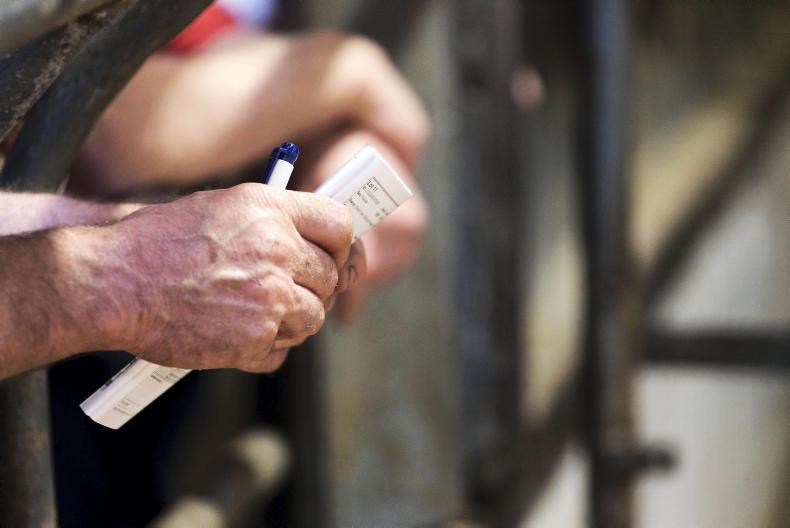
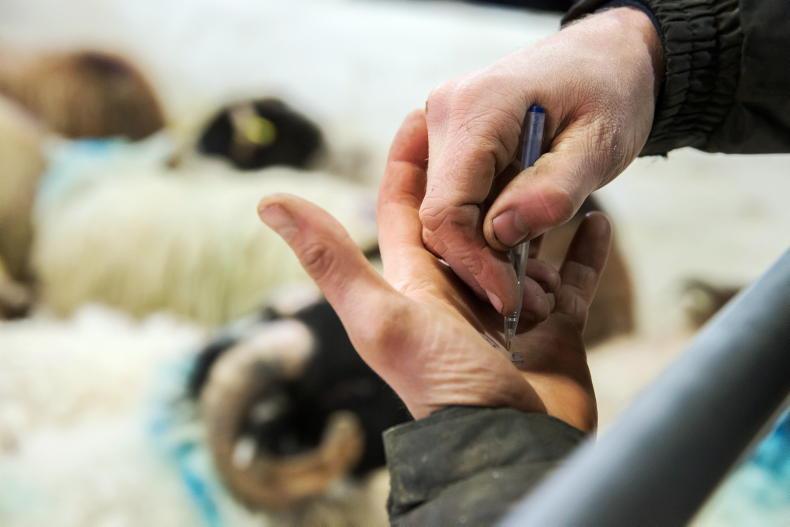

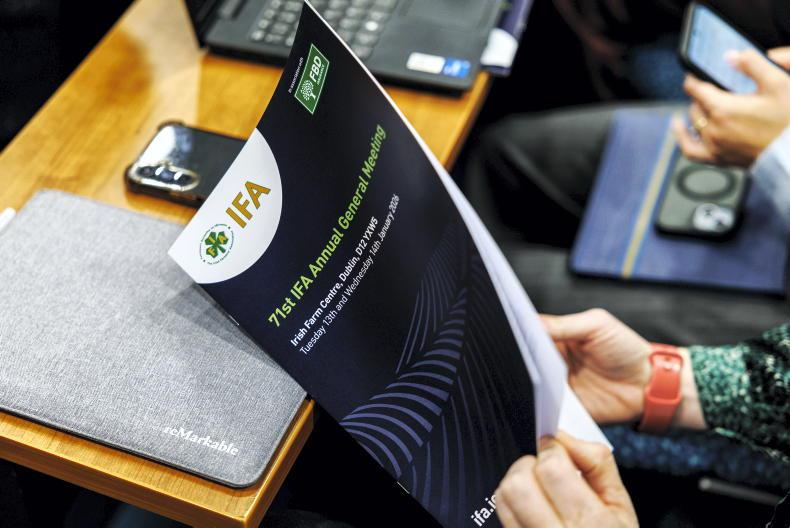
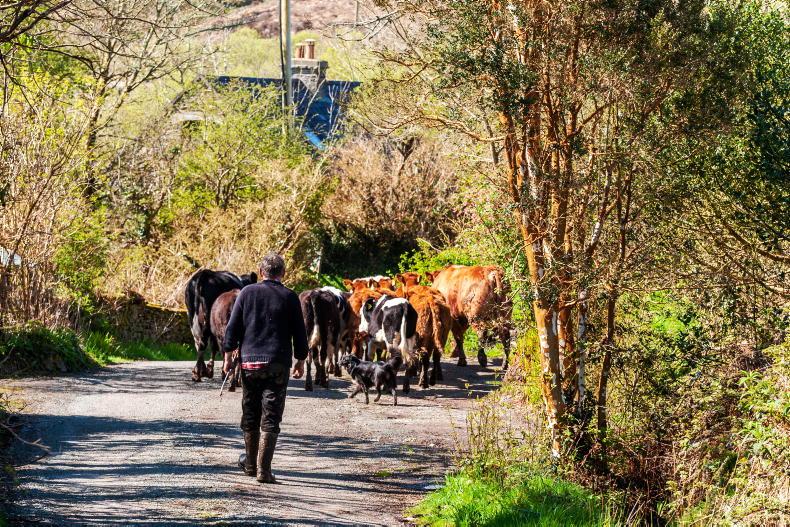
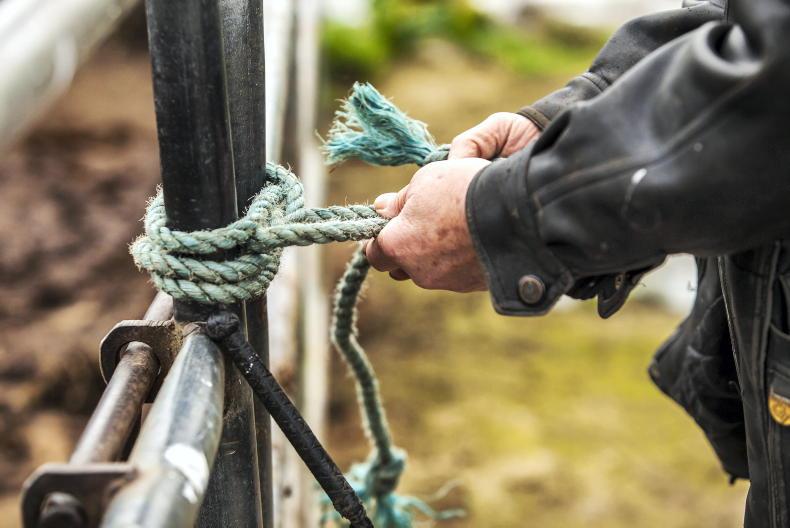
SHARING OPTIONS